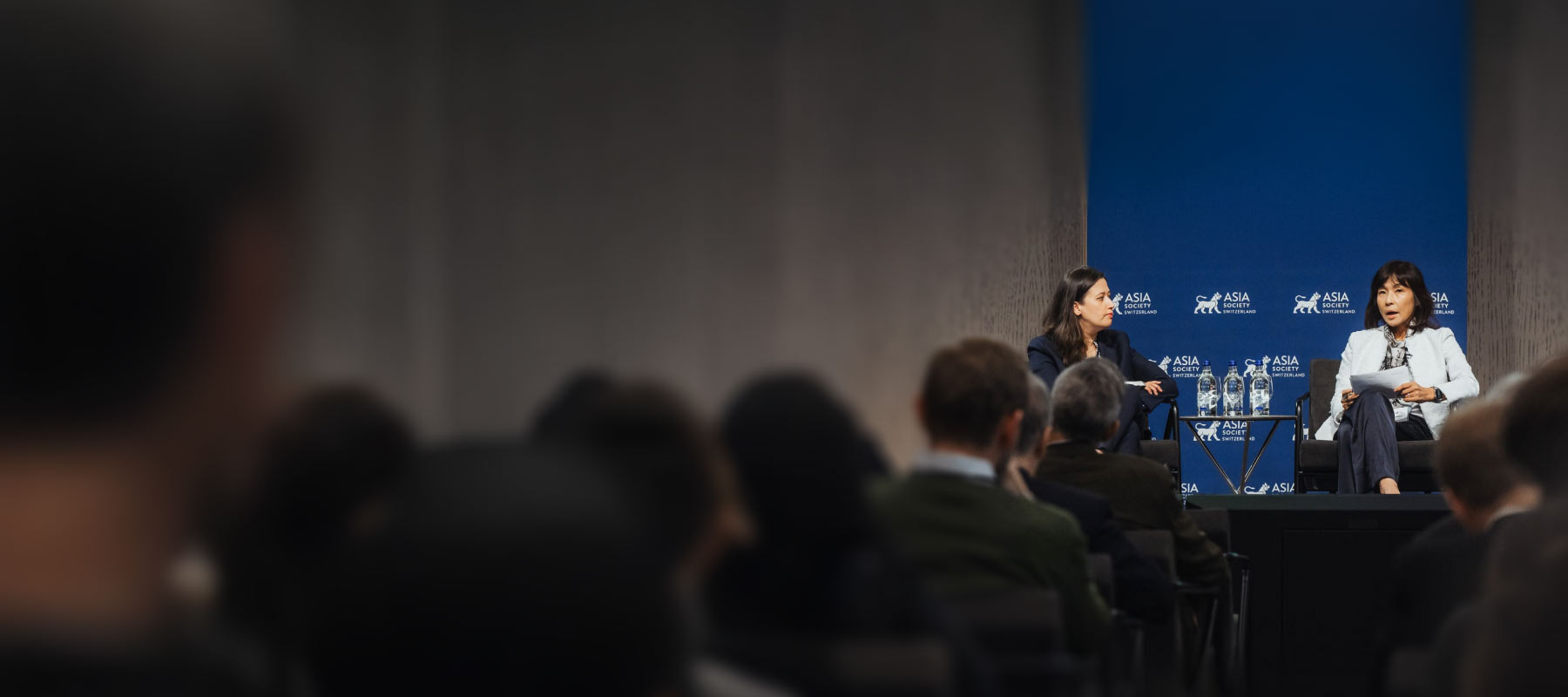
Are we headed for another recession?
Whatever the situation, some economists always predict the worst: the stock market is on the eve of a resounding crash, and the economy will plunge into an unprecedented recession. Disaster is their business. If the economy is cyclical, and it probably is, they should sooner or later be right: but when? Today, as usual, they announce that the worst is yet to come. Let’s recap.
The synchronized economic recovery is bad news. Some candid economists, such as I, might have thought that this is a positive sign long awaited. On the contrary, they believe that when all nations are growing at the same time, the economy has reached the top of the cycle. It can then be a victim of a combination of tensions: pressure on wages as in the United States, Germany or France, raises in interest rates, volatility of currencies or increase in the price of raw materials. In the end, growth succumbs to all these strains, and a recession occurs.
Inflation is in the pipeline. Theoretically, the primary consequence of a robust economic recovery is to create a risk of inflation. However, if everyone talks about it, very few countries have experienced it, so far. Most countries remain below the fateful 2% mark. Europe at 1.1%, or Japan at 1.5%. It is true that there is a slight inflationary surge in the United States with 2.4% and in Great Britain with 2.5%. But for the moment the predicted catastrophe has not occurred.
Productivity stagnates. Indeed, the extraordinary technological innovation that we are observing – social networks, automation, artificial intelligence, etc. – should increase productivity. However, it is not the case for most industrialized countries. Productivity changes oscillate between -1% to plus 1%. Many economists, such as Paul Krugman the Nobel laureate or Christine Lagarde the director of the IMF, regularly raise the issue. Doom and gloom economists think it’s a forerunner of a deteriorating economy.
In fact, it is quite possible that our gauge of productivity does not correctly reflect the true state of the economy. On the one hand, the vitality of the immaterial economy, that of data and intangible assets, is visible everywhere but measured with difficulty. On the other, some of the weaknesses of the conventional, the more material economy may be overemphasized. We need to reconcile both, as in daily life. It is the fridge syndrome.
The young and dynamic executive who spent his day in the office managing blockchains, exchanging bitcoins and developing artificial intelligence algorithms operates in a highly productive environment. But when he comes home at night and opens his fridge, he finds it… empty. He then confronts a harsh reality: we cannot eat friends on Facebook, or drink bitcoins. Sooner or later, the economy becomes material, conventional and sometimes quite slow moving.
Karl Popper, the science philosopher, became famous for his theory establishing the principle of falsification. In short, a theory is plausible only if it can regularly cope with all the attacks that attempt to falsify it. Maybe this is where disaster economists have added value. Their criticism, and doom and gloom approach to the economy force everyone to rethink the validity of current assumptions, to test the strengths and the limits of the system and to reform it, if possible, before a crisis.
However, one major drawback is that they propagate perpetual skepticism and shake the overall level of confidence. It may not always be what we need.
Constant fear of disaster is a bad counselor. As Mark Twain pointed out, “I have spent my life worrying about things that have never happened …”. Better stay optimistic!
Stéphane Garelli is Professor Emeritus of World Competitiveness at IMD
Research Information & Knowledge Hub for additional information on IMD publications
Brookfield’s Catalytic Transition Fund is a case study in how the financial industry can spearhead sustainable development. Brookfield Asset Management announced an initial closing of $2.4 billion for the Catalytic Transition Fund, marking a signi...

Explore top books, websites, and podcasts recommended by IMD expert Jim Pulcrano for anyone venturing into or exploring venture capital, from entrepreneurs to investors.

A complex interplay of demographic shifts, trade tensions, and structural reforms is reshaping Asia’s major economies with domestic and geopolitical pressures posing different challenges and opportunities for Japan, China, and India.

At the end of last year, IMD professors outlined their expert predictions for 2024. Read on to find out who was proved wonderfully right by events, and whose crystal ball was occluded by the stormy clouds of a turbulent year.
Companies don’t operate in a vacuum. Corporate leaders have to navigate political dynamics, and in Chapter 12 we discuss nonmarket strategies. But there’s a global dimension to sustainability that’s worth a separate discussion. Will rising geopoli...
With stagnant import volumes since 2021, and import prices at levels below those suggested by fundamentals, foreign exporters face an uphill battle to convert access to the Chinese market into revenues. Notably, the volume stagnation predates the ...

India and Indonesia's manufacturing and resource capabilities position them as potential counterweights to China. But can these two Asian economies overcome their internal challenges to meet international expectations?
World exports of goods and services enjoyed boomtime growth in the 1990s and early 2000s. Since 2008, trade in goods – specifically manufactured goods – have plateaued; services exports have not. Services trade continues to ride the go-go growth p...
The trade policy stance of foreign governments to China’s goods exports is reviewed here. A balanced approach is taken— examining new import reforms facilitating sourcing from China as well as new import curbs. Further perspective is provided by c...
On the campaign trail, Mr. Trump slammed subsidy-driven approaches to attracting foreign investment in U.S. manufacturing. Putting tariffs on imported goods and saving subsidy outlays was his preference. Since 2017, the United States has seen two ...
Research Information & Knowledge Hub for additional information on IMD publications
Research Information & Knowledge Hub for additional information on IMD publications
in I by IMD 20 December 2024
Research Information & Knowledge Hub for additional information on IMD publications
in I by IMD 20 December 2024
Research Information & Knowledge Hub for additional information on IMD publications
in Binder, Julia Katharina (Ed.); Haanaes, Knut Bjarne (Ed.) / Leading the sustainable business transformation: A playbook from IMD, pp. 47-57 / Hoboken: Wiley, 2025
Research Information & Knowledge Hub for additional information on IMD publications
Research Information & Knowledge Hub for additional information on IMD publications
in I by IMD 13 December 2024
Research Information & Knowledge Hub for additional information on IMD publications
The World Trade Organization Report / Trading with intelligence: How AI shapes and is shaped by international trade, p. 26 / 2024
Research Information & Knowledge Hub for additional information on IMD publications
Research Information & Knowledge Hub for additional information on IMD publications
Research Information & Knowledge Hub for additional information on IMD publications

